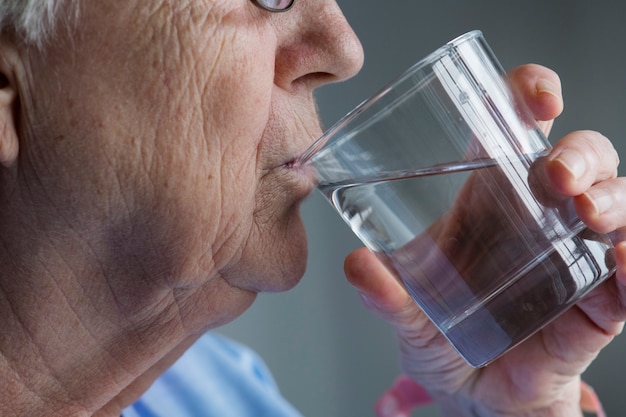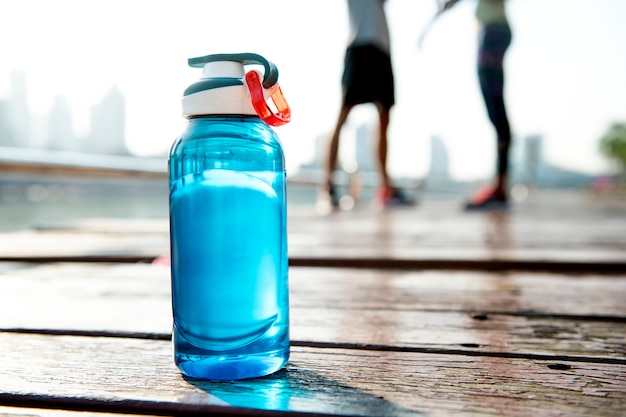Living with a chronic condition—whether it’s diabetes, kidney disease, arthritis, or a cardiovascular issue—can make everyday tasks feel overwhelming. One of the most overlooked yet powerful tools in managing these conditions is proper hydration. While it may seem simple, staying well-hydrated can significantly influence energy levels, symptom severity, and overall well-being.
Chronic conditions often alter how your body manages fluids and electrolytes. For example, people with diabetes may experience increased urination, leading to fluid loss. Those with heart failure must carefully balance fluid intake to avoid overloading the heart. Kidney disease patients may need to limit fluids, yet still avoid dehydration.
Proper hydration supports vital functions like circulation, temperature regulation, waste removal, and joint lubrication. Even mild dehydration can worsen symptoms such as fatigue, brain fog, and muscle cramps—common complaints among people managing long-term health issues.

You don’t need drastic changes to see results. Small, consistent habits are more sustainable and effective—especially when managing a chronic illness. Try these evidence-backed strategies:
After hours without fluids during sleep, your body is naturally dehydrated. Drinking 8–16 oz of water upon waking kickstarts metabolism and rehydrates cells. Add a slice of lemon for flavor and a boost of vitamin C.
Choose a reusable bottle with time markers or volume measurements. This visual guide helps you track intake without counting. Aim to finish a certain amount by lunch, mid-afternoon, and bedtime.

Link drinking water to existing habits: after brushing your teeth, before each meal, or during medication times. This 'habit stacking' increases consistency without requiring extra effort.
If plain water feels boring, infuse it with cucumber, mint, berries, or citrus. These add flavor without sugar or artificial ingredients, making hydration more enjoyable—especially important for those on restricted diets.
A quick, non-invasive way to check hydration is urine color. Pale yellow indicates good hydration; dark yellow or amber suggests you need more fluids. Note: certain medications or supplements (like B vitamins) can alter color.
One size doesn’t fit all. Always consider your specific health needs:
In some cases, especially with excessive sweating, diarrhea, or certain medications, you may lose electrolytes like sodium, potassium, and magnesium. In these situations, consider:
Avoid sugary drinks and excessive caffeine, which can worsen dehydration and conflict with dietary restrictions.
Managing a chronic condition is a marathon, not a sprint. Small, consistent actions—like drinking water regularly—add up to meaningful improvements in how you feel and function every day.
By integrating simple hydration habits into your routine, you empower your body to work more efficiently, reduce symptom burden, and support long-term health. Always consult your healthcare provider to personalize your hydration goals based on your condition, medications, and lab results.
Your journey to better health starts with a single sip—make it count.

Health

Health

Health

Health

Wellness

Fitness

Fitness

Wellness

Wellness

Wellness

Health

Wellness

Health

Fitness

Health

Health